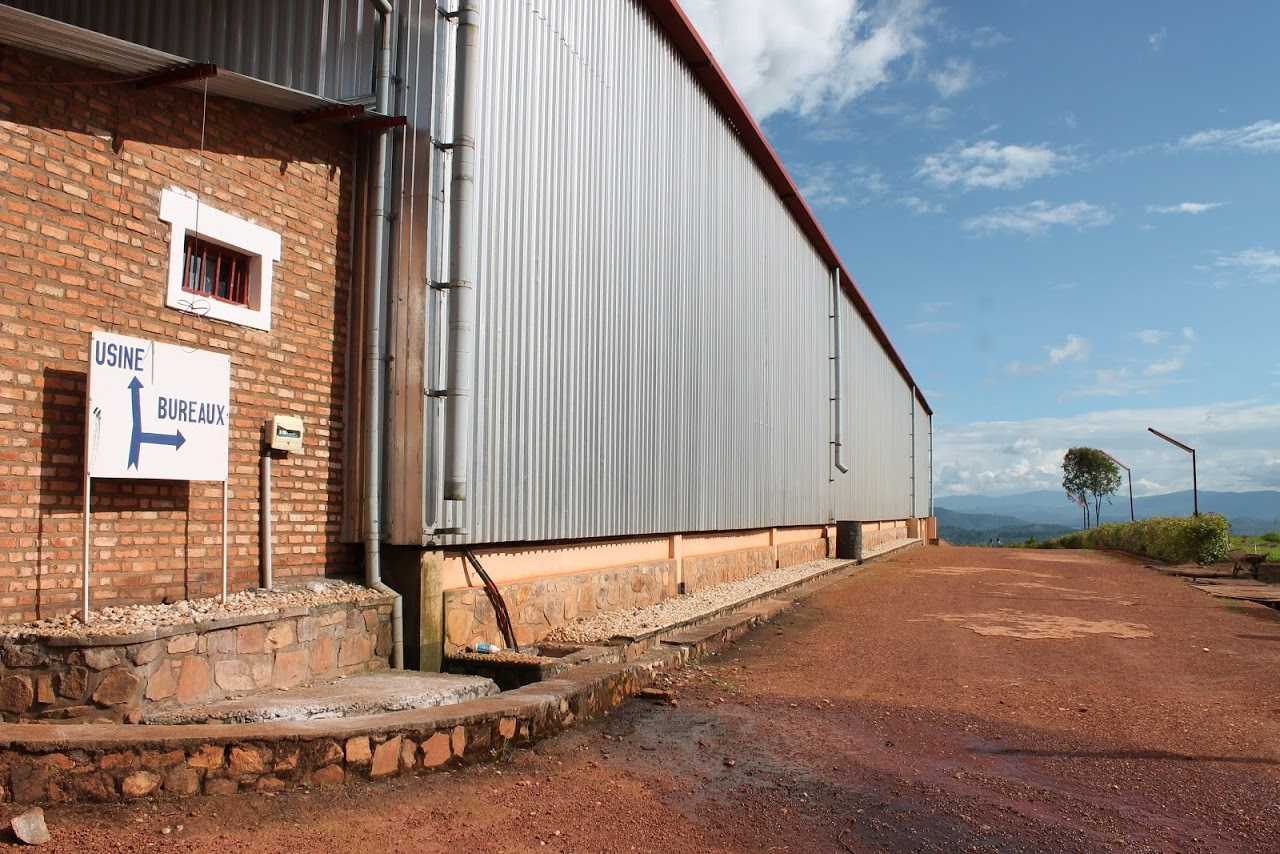The largest union of coffee cooperatives in Burundi has just opened its own processing plant. This has been made possible by Belgian funding, specifically an investment of US$ 214,000 dollars by King Baudouin Foundation’s Kampani investment fund.
This is the first investment made by the fund, set up last year by the KBF, Vredeseilanden, Trias, Alterfin, Boerenbond and other organizations.
Kampani is a social impact investment fund, whose aim is to encourage entrepreneurship in agriculture. It is focused on Africa, Asia and Latin America.
The Fund has adopted a pioneering approach to combating poverty and promoting development. It is not a traditional company nor a traditional philanthropic organization.
According to Wouter Vandersypen, CEO of Kampani, the organization is in the middle of the spectrum between so-called charities, which give donations or subsidies and seek mainly to achieve an impact, and companies whose primary aim is financial returns and profits.
“Between the two there are social enterprises, which do generate a flow of income, but whose primary driving force is the benefit for society,” he says.
According to Vandersypen one major type of financing is missing in the agro-food sector in developing countries. “Grower cooperatives are too small for the big players and too large for micro-financing,” he says.
“As a result they do not have sufficient access to patient investment capital.” This is precisely the type of financing that Kampani provides.
The Horamama factory, a dry mill, run by the Burundian cooperative COCOCA, meets these criteria. In this factory, coffee beans are prepared and stored for export, which includes removing the husks.
Before this investment was made, the growers depended on third parties to carry out this process.
The Horamama factory is key to the vertical integration process. Production and processing – from coffee cherry to coffee bean – is managed by the growers in the cooperative. Vertical integration will improve the traceability and quality control of the coffee. The added value that results from peeling the beans will remain within the group of growers.
According to COCOCA’s CEO, Ernest Ndumurara, “The investment by Kampani is making COCOCA stronger on a number of levels, initially benefiting its members, but also the market in which it sells its products.”
So far, COCOCA has brought together 33 cooperatives of Burundian coffee growers, totalling 27,000 producers. Today, the cooperative is responsible for 11% of coffee production nationally.
It will be the first cooperative in Burundi to own its own dry mill. The growers are taking on a large proportion of the investment, which will amount to US$ 500,000 over a period of three years. Annual operating costs are estimated to be US$ 200,000.
“In Burundi, 600,000 families are making a living from coffee”, says Alex Tack from Alterfin, co-shareholder and portfolio manager for Kampani.
“This is a key sector. The growers produce high-quality Arabica coffee beans, but they usually do so on very small plots of land. So life is not easy for them. The development of the cooperatives, vertical integration and the Horamama factory should change this.”
Marie-Goreth Nzeyimana, a coffee grower and member of a cooperative, says, “I see the new Horamama factory as belonging to me.” She is a coffee grower and member of a cooperative.
“I own part of the capital. In the past, it was owned by Webcor. From now on my coffee will be processed while I am present. This means I will not have to waste time and money on long journeys. I will be close to my production. That is an important benefit for me.”
Diomède Ntunzwenimana shares her enthusiasm. “We are happy because everyone wins from this. Now our coffee will be processed in our Kayanza province. The most important benefit for me is that I will be able to monitor the production process from cherry to coffee. I can monitor the quality of my own coffee.”
This initial investment has been made with the help of KBF, which has been directly supporting coffee producers in Burundi for many years and indicated to Kampani that there was potential to make an investment.
KBF also pays the premium for providing insurance against political risks. The Dutch social investment fund, ICCO Agro Business Booster, has been brought in together with Kampani to spread the risk and benefit from its operational presence in Burundi.
Broederlijk Delen provided technical assistance. This organization has been supporting COCOCA for many years and has brought the cooperative to the point where it can take this next step in its development.
As Kampani’s operational partner, Alterfin carried out the due diligence. Alterfin has been pre-financing harvests for several years with a guarantee from KBF and it will continue to do so.
The way the various actors work together give Kampani its strength.
















